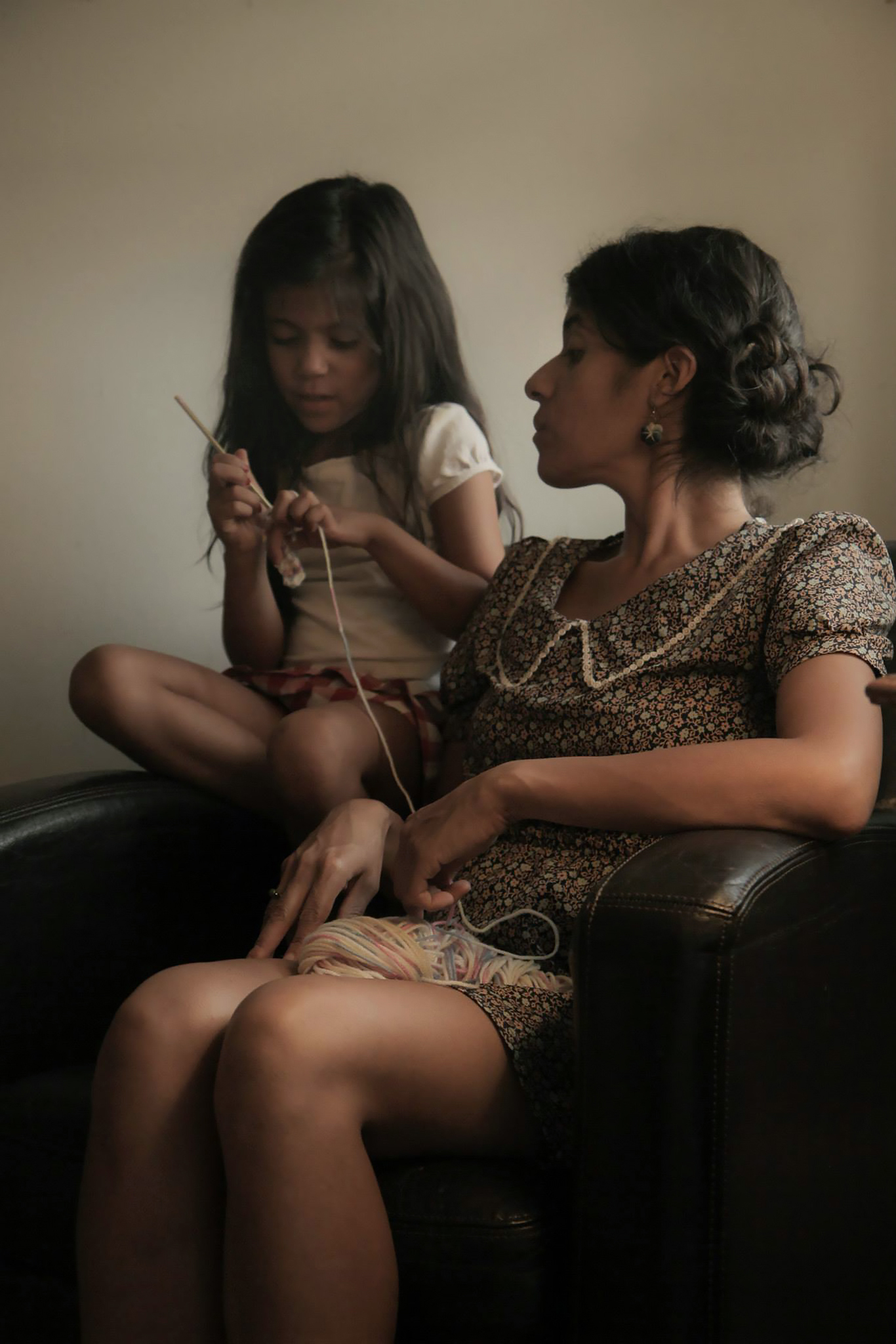Finding your voice
Most parents can tell you the story of when their child “found their voice”. Suddenly, their child realizes they can make these amazing sounds come out of their mouth, and it creates a reaction in the people around them. A parent's response to this new development can vary, but generally they are comforted by knowing this is just a phase.
Thankfully, as we grow, we learn better ways to communicate and get other’s attention in a more age appropriate manner. And for some of us, we continue to have experiences where we use our voice to communicate, and the people in our life respond to us in respectful, affirming ways.
However, many of us have had experiences where we attempted to voice our thoughts and feelings, and it was either met with invalidation or we momentarily misplaced our courage and never quite got the words out.
Working as a therapist, I am often sitting across from people who appear to have lost their voice. Whether they want many things to be different or simply to be heard, it is clear that somewhere along their life's journey, it became much harder to share their honest thoughts and feelings. The distance and misunderstanding that is created from this relationship dynamic only reinforce the fears that keep us from opening ourselves up.
And yet, relationships work best when all members have room to voice their thoughts and feelings, even when they are different from those around them. The conflict and the negotiating that ensue can create a connection and intimacy in relationships that a false sense of peace, from avoiding conflict, never could.
As an infant, finding our voice is considered a normal stage of healthy development. And as we get older, rediscovering our voice and learning how to utilize it well is just another stage of healthy development. Here are some things to keep in mind as you embark on this journey:
Noticing is the first step in creating change in relationships.
So try noticing if your child wants to say something but looks timid or afraid of your response. Notice if your opinion seems to hold more weight than your colleagues and what that might be like for them. And notice in yourself the fears that creep in and hold you back from being more honest with those around you.
Conflict is not the enemy.
Using your voice will at times lead to conflict, but conflict is not the enemy. Conflict is an essential part of any healthy relationship. In fact, having "no conflict" can be a sign of a relationship in trouble. It usually means someone in the relationship is unsure of their ability to deal with the conflict in a healthy manner, and they opt to avoid it altogether. So instead of it being addressed, the conflict lurks in the shadows of our most precious relationships and leaves us feeling disconnected and alone.
Remember that the road to finding or strengthening your voice will be littered with fear and anxiety.
Voicing our thoughts and feelings, especially with those we hold most dear, is indeed a scary task that will, at times, take more courage than you thought you had. But to create lasting change, you must embark on what is counterintuitive, push through the fear, so that you and your relationships can make a breakthrough.
Honor all attempts to vocalize thoughts and feelings, no matter how small.
Some people’s personalities allow them to dive headfirst into this process. However, most of us will need lots of small, positive experiences of using our voice to support us in building up to bigger, risky ones. When you see others attempt to voice something, honor it by listening and acknowledging that what they said has value simply because they do. Also, honor your own courage when you attempt to voice something new by responding to yourself with kindness and respect, instead of negative self-talk about how you could have done it better.
Rejoice when you find a little more courage, be gentle with your relationships, and most of all, remember that no matter where you find yourself on this journey, your voice matters.
